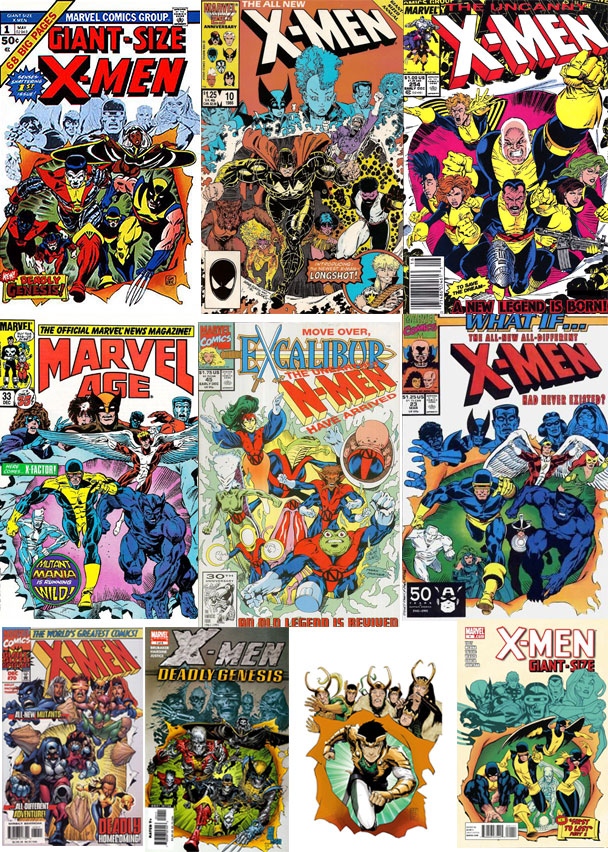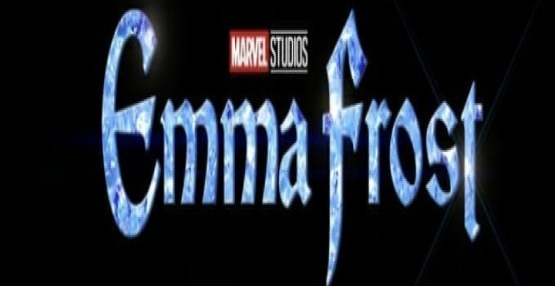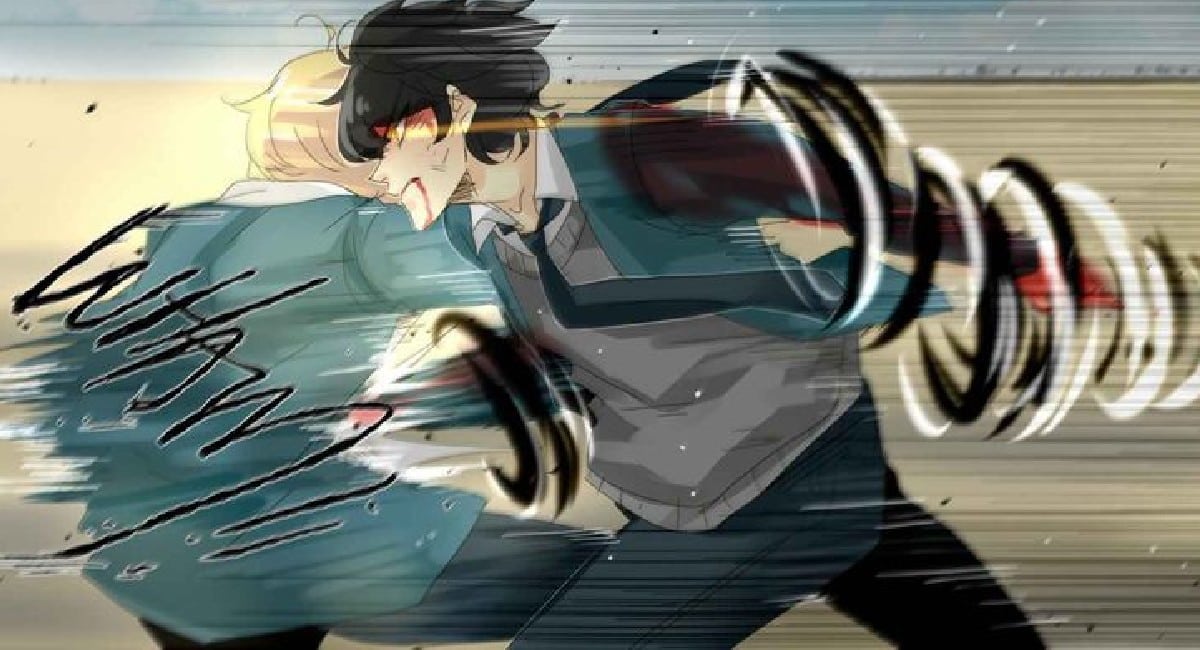
#12 in my ranking of Tony Scott’s filmography.
There’s something off about this readaptation of the novel by John Godey. On the surface, it’s a perfectly acceptable Tony Scott thriller with overactive camera work and good performances, but there’s something missing in the writing by Brian Helgeland. Characters feel too thin, the thematic tissue connection them too underdeveloped, the push to make the main character too sympathetic. The thriller elements work decently enough, but all of the character stuff just feels thin and off.
The 1:23 car from Pelham station gets hijacked by Ryder (John Travolta) and placed in a strategic spot, safe from police snipers at the recommendation of former Metro employee Phil (Luis Guzman). Running the operational show for Metro is Walter Garber (Denzel Washington) who becomes the point man for the hostage negotiation. This is a setup for comparing personalities, situations, and backgrounds, and the movie does make some small effort at bringing the two together. However, I really think it’s all undermined by how Helgeland, Scott, and Washington present Garber combined with Travolta’s extreme performance as Ryder.

Garber was demoted on suspicion of taking a bribe on a trip to Japan to look at subway cars the MTA was looking to potentially purchase. He might or might not have done it, but he did it for the purest of pure reasons, and he has a wife (Aunjanue Ellis) he calls from time to time who just knows he’s the most honest person in the world. This is in contrast to Ryder who’s shooting people for money while flailing about and cursing like a sailor. Any sort of comparison of the two being beaten down by the system one is actively supporting through work and the other used to support before he went to jail. There’s obviously supposed to be this effort to bring them together at a thematic level, to create this common cause level of thought between them, but they’re drawn at such extremes that the intention gets lost in the flurry of John Travolta’s extreme performance.

Where the film works is purely at the surface thriller level. I mean, it’s not great at that. Scott is uncomfortable when things aren’t going boom and has always shown a great impatience to get through quieter, tenser moments to rush towards action beats, like what defined the misses in The Fan. This is more accomplished than that previous thriller effort, but I wouldn’t quite call it successful. I mean, he can’t move to action beats for long stretches which largely works in his favor since the focus becomes the actors.

Now, I critique Travolta’s performance as a piece of the puzzle that is the character-level of the storytelling, but that doesn’t mean that it’s bad. It’s a bit outrageous and out there, but he does it fairly well. Washington doesn’t have the most to do on his own, relegated to a nearly saintly role who has to stay in control all the time, but he can manage to make it compelling enough.

Of course, Scott can’t limit his cinematic ambitions to quiet tension, even if it’s never really quiet, to a whole film. He’s got to start flipping cars at some point, and the race to get the money to the train is his opportunity. At orders from the mayor (James Gandolfini), the money has to be transported across town, in the middle of the day, with a police escort, and cars end up in crashes that make absolutely no sense but look kind of cool as they happen. Again, this movie doesn’t really work on any deeper levels, but the surface is kind of fun.
Ryder has a secret motive regarding put options that requires such a huge swing in gold prices as to be laughable, but whatever. Movie. Booms. It’s all fine.
Why I think I end up kind of cold on the film is because of that core contrast between the characters not working while the ending hinges on it so much. This emotional ending as two men who’ve been thrust into this situation have to make a life or death decision together, and I’ve never felt like Garber was anything other than an innocent bystander who just got pulled into it. The connection just didn’t quite work, so it felt melodramatically empty in a weird way.
So, this is far from Scott’s best work, but it functions well enough on some basic levels to be near his worst. I’m not the biggest fan of Helgeland as a writer, but he understands the basics well enough to deliver scripts that hit the basic points, and he was working from a good bit of source material anyway. So, this kind of feels like Scott fumbling. I feel like he did that a fair bit.
Originally published here



















 English (US) ·
English (US) ·